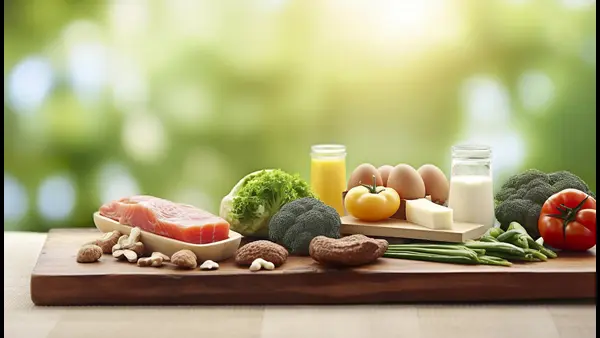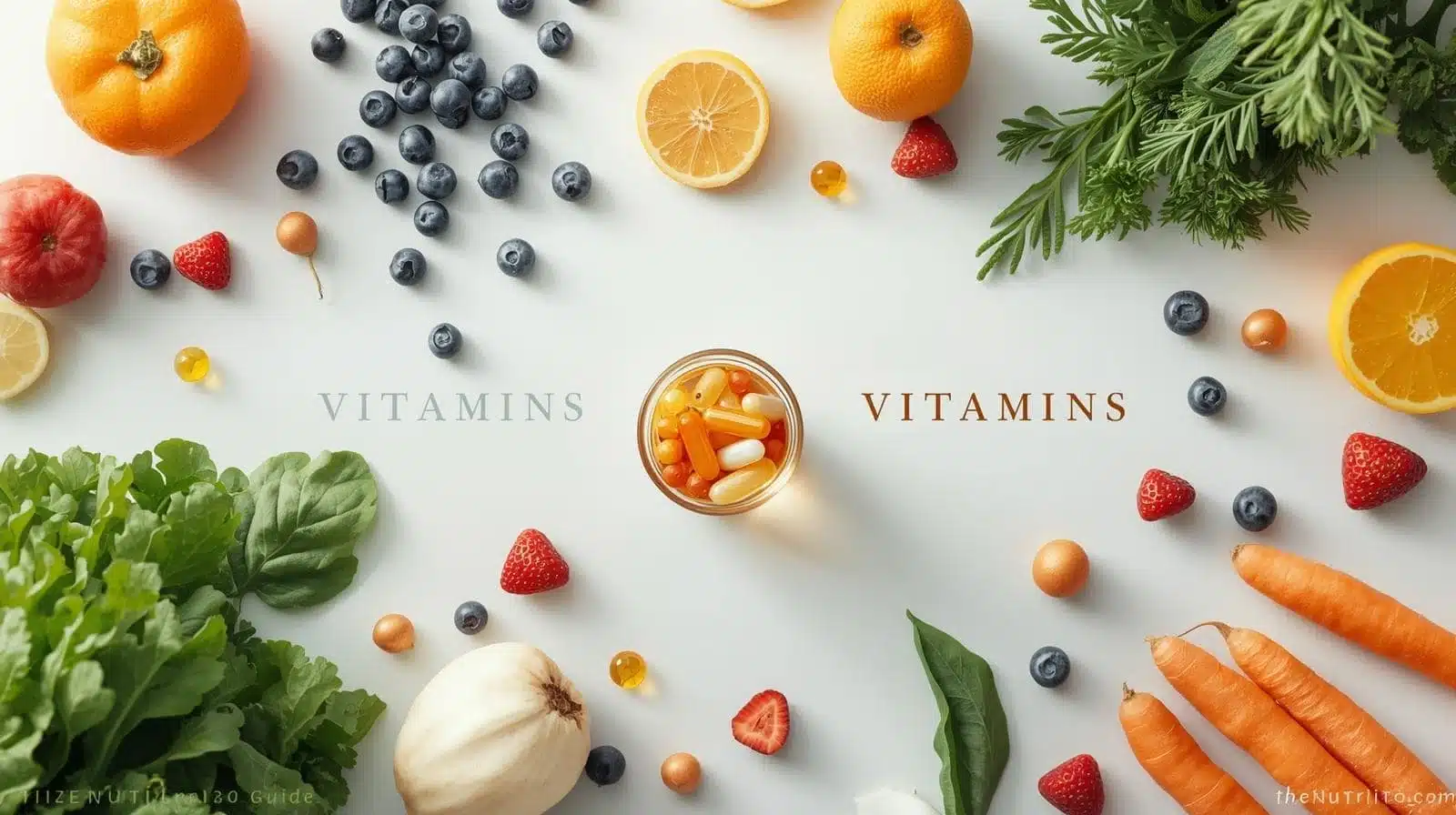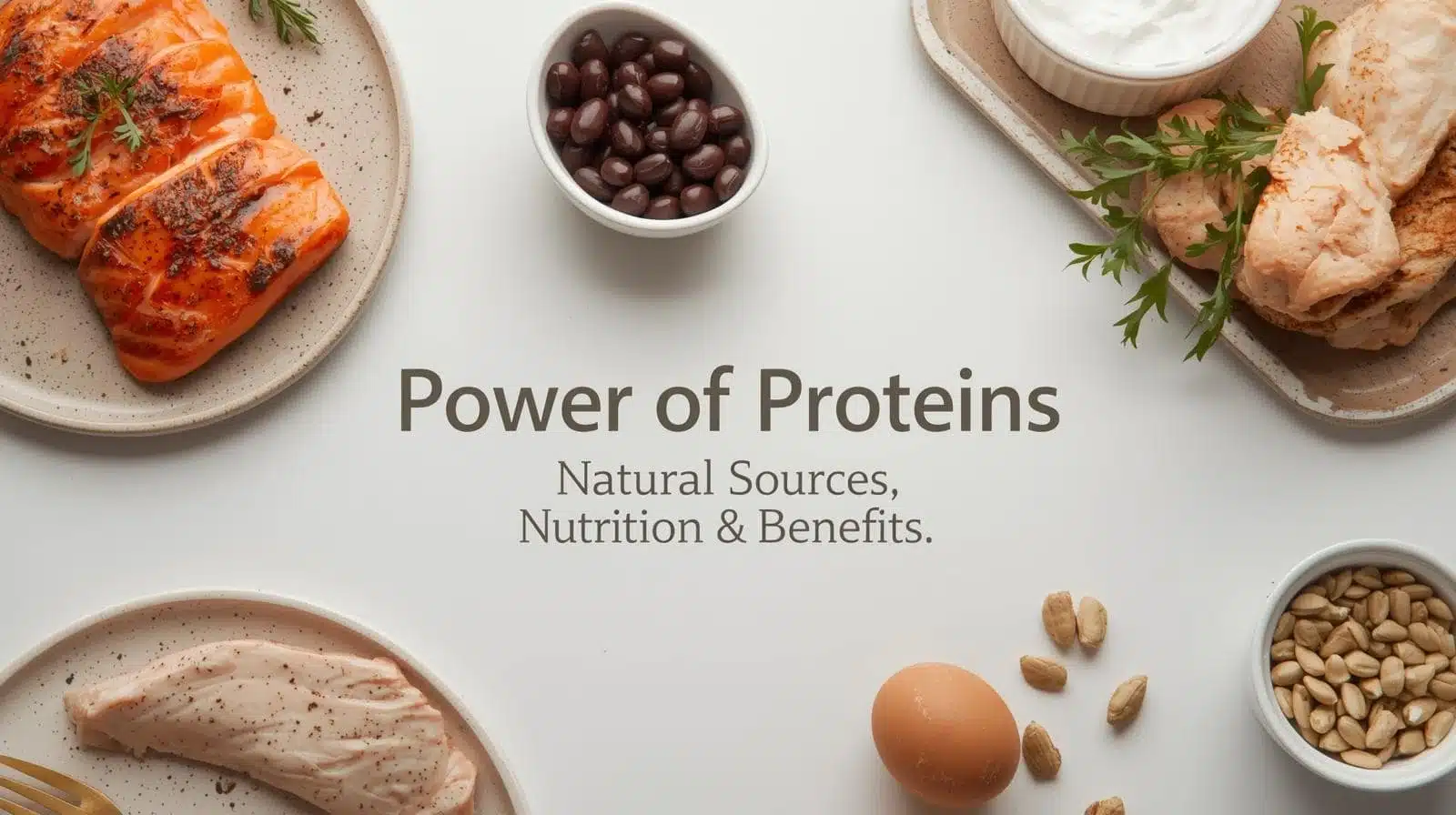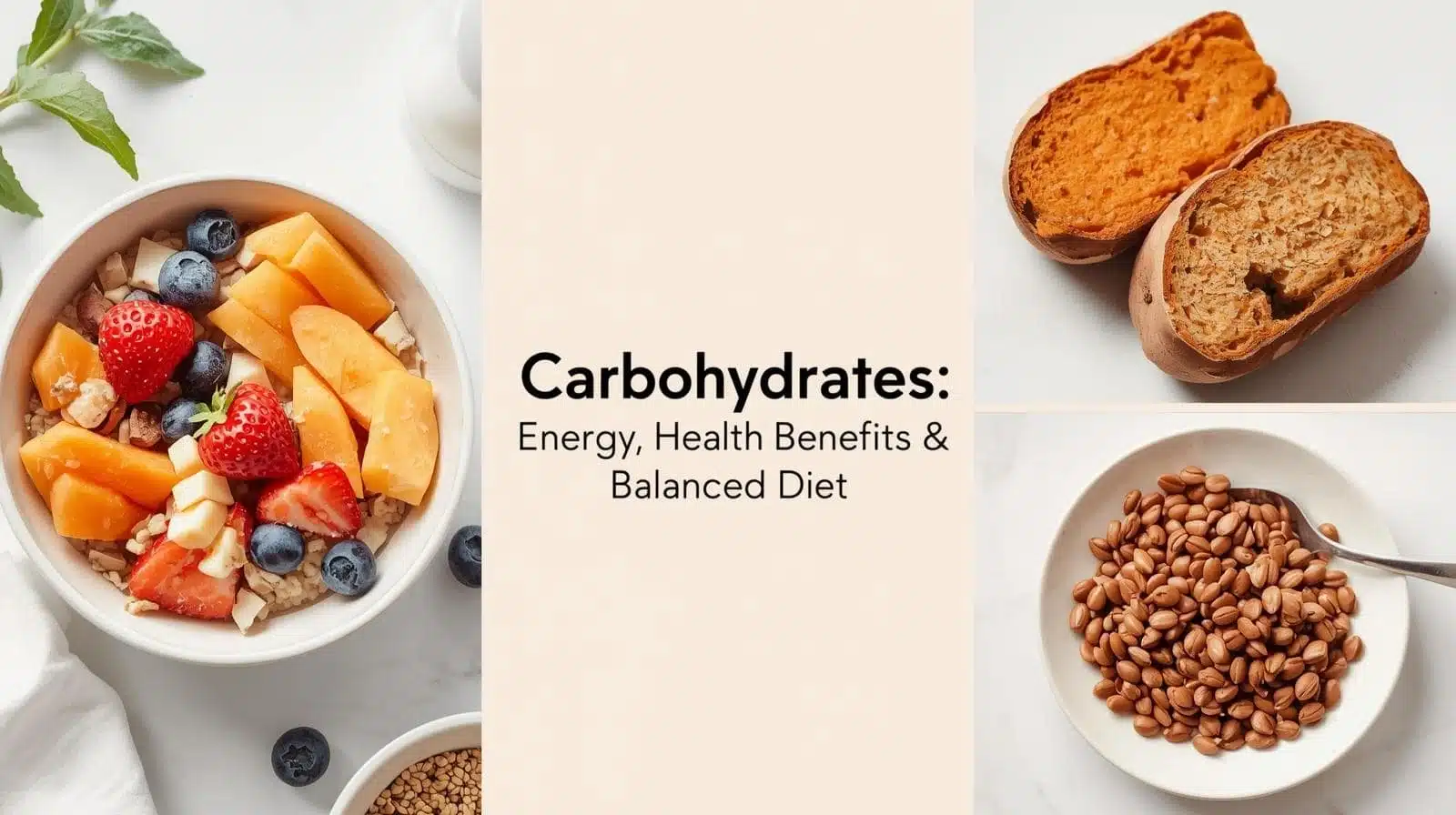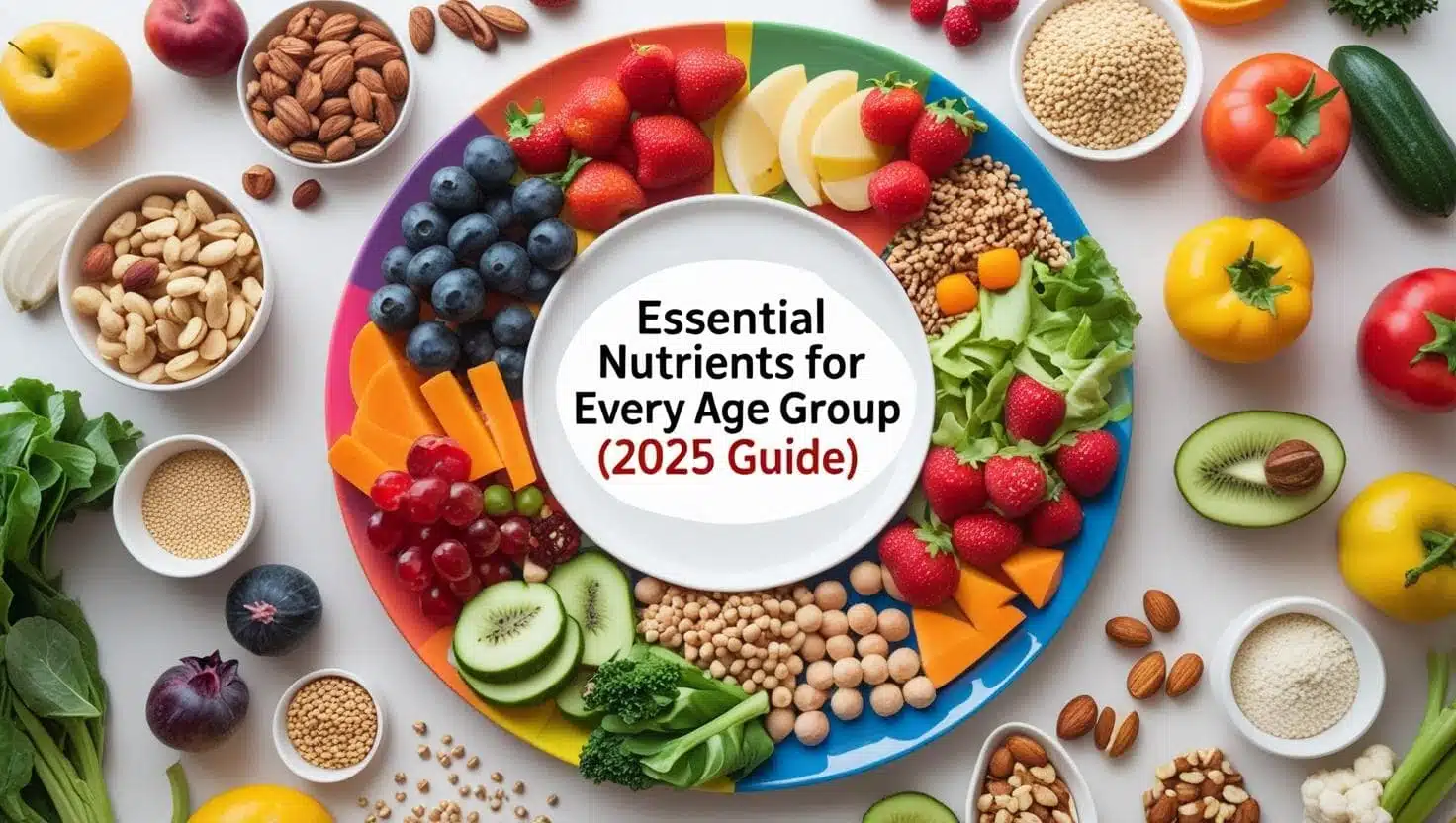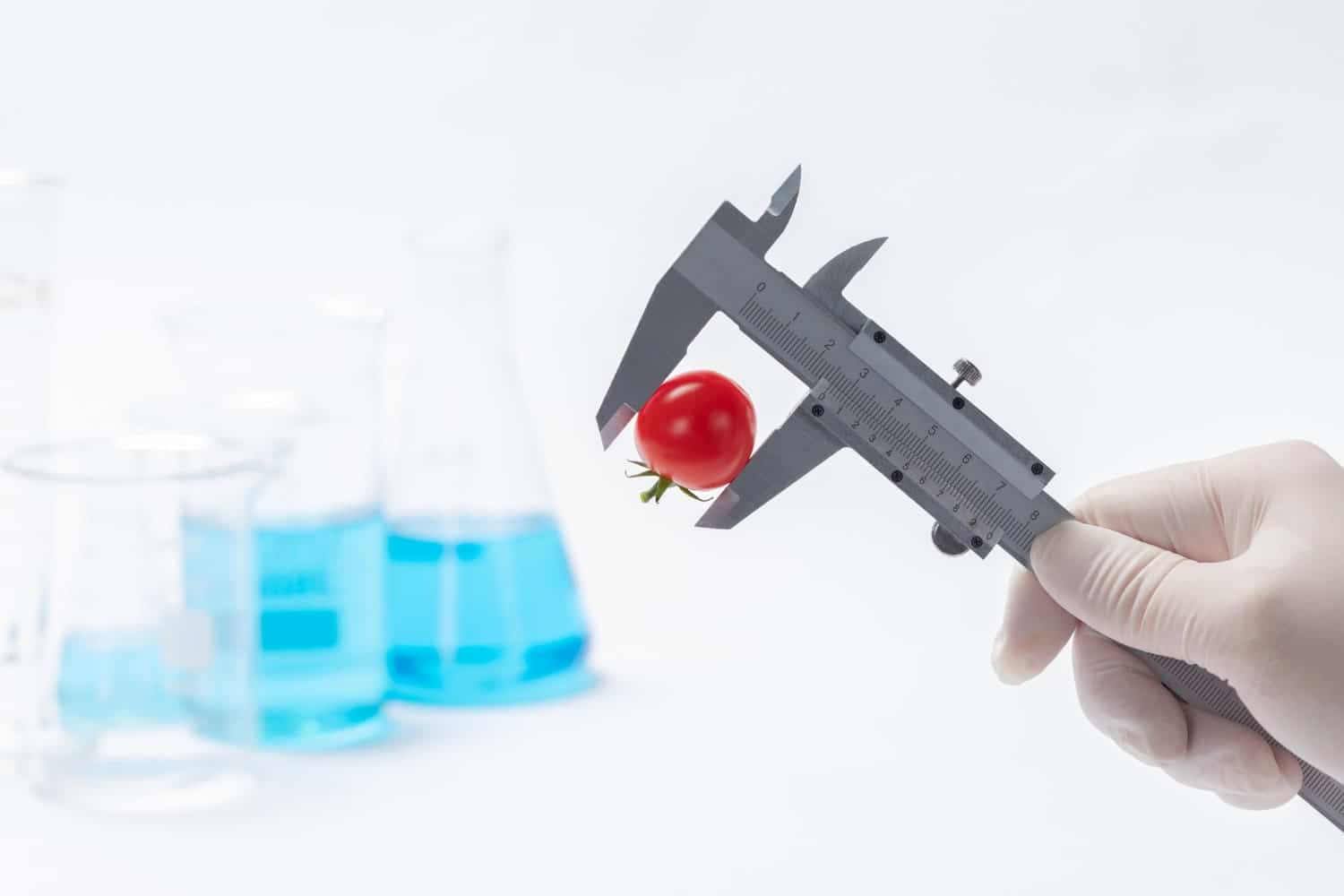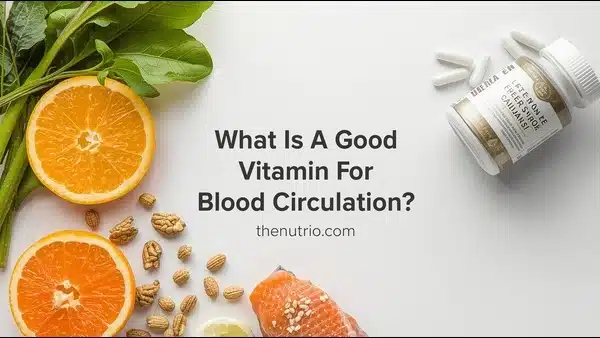
Importance of Blood Circulation & Vitamins
Good circulation means that your heart, brain, and muscles get the oxygen and nutrients they need. Poor circulation can make your hands and feet cold and make you tired. Make you numb or make you more likely to get heart disease. Diabetes, high blood pressure, and getting older are some of the things that can make blood flow slow in the US. Eating a wide range of healthy foods and getting the right vitamins can help. For example, big studies show that people who eat a lot of fruits and vegetables. Which are high in vitamin C and other antioxidants) are less likely to get heart and blood vessel diseases. That is to say, vitamins in food help keep arteries clear and able to move.
Vitamin C & E: Antioxidants for Better Circulation
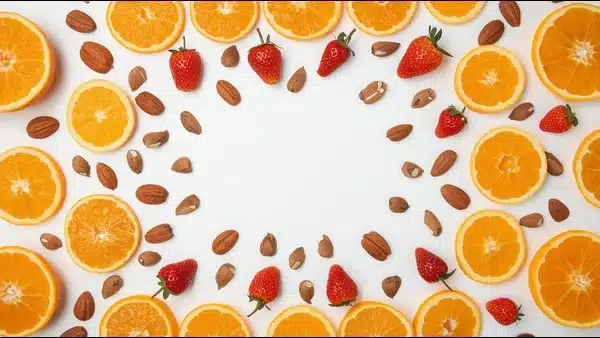
Vitamin C and E are two strong antioxidants that help keep blood vessels healthy. Vitamin C helps the body make collagen, which is a building block of artery walls. It also increases nitric oxide, which relaxes and widens blood vessels. It also helps to reduce swelling in the lining of blood vessels. Citrus fruits like oranges and grapefruit, strawberries, kiwi, bell peppers, broccoli, and Brussels sprouts are all good sources of vitamin C. For instance, about half a cup of orange juice or red bell pepper gives you all the Vitamin C you need for the day.
Vitamin E keeps red blood cells and the lining of blood vessels from getting hurt. It also stops platelets from sticking together, which lowers the risk of blood clots. According to the Mayo Clinic, vitamin E is “important for the health of the blood.” Vegetable oils (like olive or sunflower), nuts (like almonds or peanuts), seeds (like sunflower or pumpkin), and leafy greens (like spinach) are all good sources of vitamin E. A small amount of almonds or a drizzle of olive oil is all you need to get a good amount of vitamin E.
- Vitamin C foods: Oranges, grapefruit, strawberries, kiwifruit, red/green peppers, broccoli.
- Vitamin E foods: Almonds, sunflower seeds, spinach, avocado, olive oil.
There are Vitamin C and E supplements you can take if your diet isn’t good. But research shows that taking pills alone won’t necessarily improve blood flow. Whole foods have fiber and other nutrients that work together.
Vitamin D & K: Bone and Artery Health
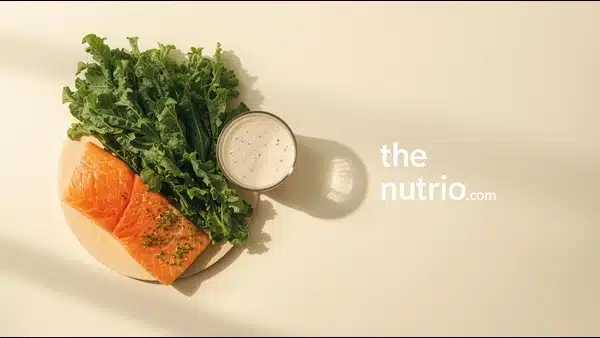
Vitamin D, also known as the “sunshine vitamin,” and vitamin K are both important for circulation. Vitamin D helps keep the muscles in the walls of arteries flexible. Mayo Clinic says that vitamin D “seems to keep the lining of blood vessels flexible and healthy.” Low vitamin D can make arteries stiff, which makes it harder for blood to flow. A lot of people in the US don’t get enough vitamin D, especially older people and those who don’t spend much time in the sun. Fatty fish like salmon, mackerel, and sardines, as well as fortified foods like milk, some plant milks, and orange juices, are good sources. The USDA says that a 3-ounce serving of salmon can give you about 400 to 500 IU of vitamin D. Which is close to what you should get every day.
Vitamin K is well-known for helping blood clot, but it also stops calcium from building up in arteries. This means that vitamin K keeps arteries from getting stiff. Research indicates that increased vitamin K consumption, particularly K2 derived from fermented foods or specific cheeses, may impede arterial calcification and rigidity. Vitamin K1 is found in a lot of leafy green vegetables, like spinach, kale, and collards. And foods like natto (fermented soy) or hard cheeses have K2 in them.
- Vitamin D foods: Salmon, trout, tuna, fortified milk/juice.
- Vitamin K foods: Kale, spinach, broccoli, natto and other fermented soy products.
In many American citizens a vitamin D supplement (usually 600-800 IU/day in adults) is prescribed, as food may not be sufficient. Never supplement, however, without checking blood levels and taking the doctor’s recommendation.
B Vitamins: Niacin, B6, B12 and Folate for Circulation
There are a few different ways that the B-complex vitamins help with circulation:
Vitamin B3, or niacin, Blood vessels get wider when you take a lot of niacin. This is what people call a “niacin flush,” which is when the skin gets warm and red. Because it makes blood vessels bigger, niacin has been used (with a doctor’s supervision) to lower cholesterol and improve blood flow to the skin. But taking a lot of niacin can cause side effects like flushing, itching, and problems with the liver. So you should only taken if a doctor says to.
B6, B12, and folate: These vitamins help your body break down homocysteine. If it builds up, it can hurt blood vessels. B6, B12, and folate lower the risk of clots and damage to arteries by turning homocysteine into safer substances. Studies of B-vitamin supplements haven’t clearly shown that they lower the risk of heart attacks, but these nutrients are still important. They also help make red blood cells that are healthy. So, not getting enough of something (especially B12 in older people or vegans) can lead to anemia and poor oxygen delivery.
Meat, poultry, fish, and dairy are all good sources of B12 and niacin. Folate and B6 found in beans, lentils, whole grains, and spinach. For instance, three ounces of cooked salmon or tuna gives you more than 100% of the B12 you need in a day. and chicken, beef, eggs, or fortified cereals are all good sources of B12. Folate (B9) and B6 found in leafy greens, beans, and fortified grains.
Foods vs Supplements for Blood Flow
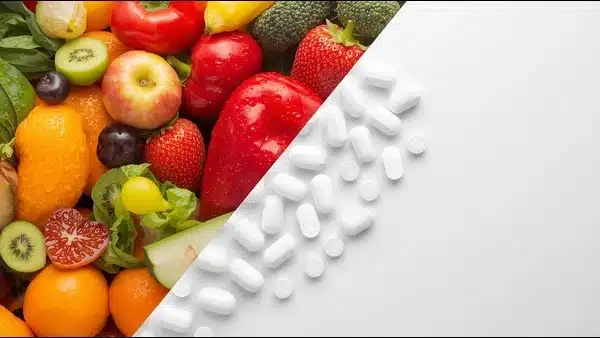
In general, it’s best to get your vitamins from food. A diet that is colorful and balanced gives you a lot of nutrients that help your circulation. Eating a wide range of fruits, vegetables, nuts, seeds, whole grains, and lean proteins is one way to get Vitamin C, E, B’s, D, and K naturally. Five servings of fruits and vegetables a day can give you more than 200 mg of vitamin C, which is as much as some supplements.
That being said, supplements can help when your diet isn’t enough. About a third of adults in the U.S. take a multivitamin every day, and many also take individual vitamins. A doctor may suggest a supplement if a blood test shows that you don’t have enough vitamin D or B12. It’s important to remember that studies show that vitamin pills alone don’t “cure” bad circulation. Big clinical trials showed that taking vitamin C or E supplements didn’t really lower the risk of heart attacks or strokes. Supplements should not replace a healthy lifestyle; they should only add to it.
- Eat the rainbow: Put citrus fruits, berries, bell peppers, and leafy greens on your plate (for C and folate), as well as nuts, olive oil, and avocados (for E).
- Include proteins: Fish (for D and B12), beans and legumes (for B6/folate), and dairy and eggs (for B12) are all great choices.
- Take supplements wisely: If your doctor says you’re low, think about taking a multivitamin every day or specific vitamin D/B12 pills. Don’t take too much; follow the recommended amounts.
Special Situations: Diabetes, Aging & Sedentary Lifestyle
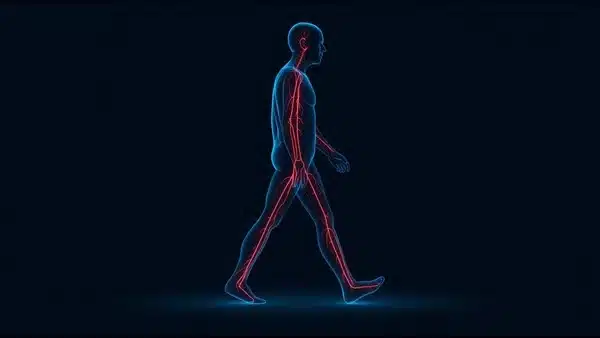
There are some situations that make circulation especially hard, but vitamins can still help.
Diabetes:
High blood sugar hurts small blood vessels in the feet and legs. People often study vitamins B1 (thiamine), B6, B12, and folate for diabetic neuropathy and circulation. Some doctors, for instance, give people high doses of B vitamins (or alpha-lipoic acid) to help with nerve pain and micro-circulation. Vitamin C might also help the smallest blood vessels, since smokers and diabetics often don’t get enough of it. It’s important to control your blood pressure and glucose levels. It’s also helpful to get enough vitamin D and C for your blood vessels and B12 and B6 for your nerves. Mayo Clinic says that low vitamin D is linked to a higher risk of high blood pressure and diabetes. Both of which make circulation worse.
Aging:
As we get older, our bodies often have a harder time absorbing vitamin B12 and making vitamin D from the sun. Anemia (slow blood flow) can happen if you don’t get enough B12. And stiff arteries can happen if you don’t get enough D. People over the age of 65 should have their levels checked. Taking a B12/D supplement or drinking fortified milk can help. As you get older, your bones lose calcium, which can weaken your arteries. Getting enough vitamin K may help. In short, eating a lot of nutrients (or taking a senior multivitamin) can help with circulation problems that come with age.
Sedentary lifestyle:
Sitting or lying still for long periods of time. Like at a desk job or while binge-watching TV slows down blood flow in your legs. No pill can completely make up for being inactive; you need to move. Every hour, get up and stretch, walk, and do leg exercises. In the meantime, nutrients that support your health can help. Drink plenty of water and eat foods high in iron if you are anemic (not enough iron means not enough oxygen transport). Verywell Health says that living a healthy lifestyle lowers the risk of heart disease. Which can make blood flow worse. The best way to get good blood flow is to work out regularly and eat a lot of vitamins.
Conclusion
In short, there isn’t one “magic” vitamin that will fix circulation right away. A mix of nutrients, on the other hand, helps blood flow stay healthy. Fruits, vegetables, and nuts are good sources of vitamins C and E, which protect blood vessels and help them open up. Getting vitamin D from the sun and fatty fish keeps your arteries flexible. Greens and fermented foods are good sources of vitamin K, which helps keep arteries from getting stiff. B vitamins, which come from whole grains, meats, and greens, lower the risk of blood clots and give the heart energy.
A balanced diet full of these vitamins and regular exercise are important. Use supplements carefully if you need them (for example, vitamin D in the winter or B12 for vegetarians). In the end, the best way to live in 2025 is to eat well, stay active. And talk to your doctor about any supplements you might need.
Frequently Asked Questions (FAQs)
Vitamins C and E are often recommended, but no one vitamin can fix everything. Vitamin C (from citrus fruits, berries, etc.) raises nitric oxide levels in blood vessels and lowers inflammation. Vitamin E (from nuts, seeds, and oils) helps keep blood clots from forming. These antioxidants work together to help blood flow.
Yes. Vitamin D helps arteries work well. According to the Mayo Clinic, low vitamin D levels can make arteries stiffer and raise blood pressure. Getting enough D helps keep blood vessels flexible and blood flowing normally.
Eating foods high in the vitamins above will help. Oranges, strawberries, bell peppers, and broccoli, for example, are all good sources of vitamin C. Avocados, spinach, and nuts are all good sources of vitamin E. Fatty fish like salmon are good sources of vitamin D. Kale and spinach are two leafy greens that are good sources of vitamin K. B vitamins are found in whole grains, beans, and poultry. Eating these foods often can help your circulation naturally.
Disclaimer: The information on thenutrio.com is only for educational and informational purposes and is not meant to be medical, nutritional, or professional health advice. Before making any changes to your diet, treatment plan, or health routine, you should always talk to a qualified healthcare provider, doctor, or registered dietitian. You use any information on this site at your own risk, and thenutrio.com and its authors are not responsible for any bad results.


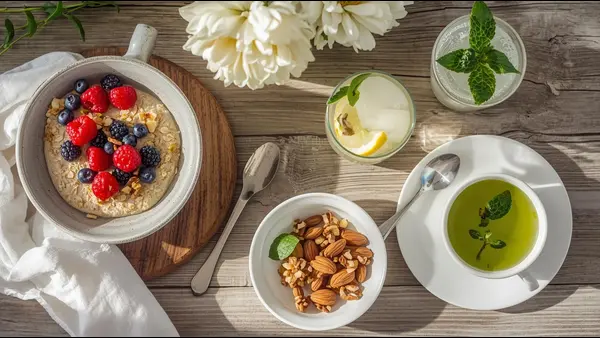


![[2025] Fats (Lipids): Best Choices for Every Age](https://www.thenutrio.com/wp-content/uploads/2025/09/A-vibrant-hero-image-showing-a-colorful-plate-rich-in-healthy-fats—like-avocado-toast-nuts-olive-oil—paired-with-text-overlay-2025-Fats-Lipids_-Best-Choices-for-Every-Age.-4-min-1-1.webp)
